
What is Residual Vector Quantization?
Neural Audio Compression methods based on Residual Vector Quantization are reshaping the landscape of modern audio codecs. In this guide, learn the basic ideas behind RVQ and how it enhances Neural Compression.

Deep Learning
Neural Audio Compression methods based on Residual Vector Quantization are reshaping the landscape of modern audio codecs. In this guide, learn the basic ideas behind RVQ and how it enhances Neural Compression.

Developer Educator

Tutorials
Learn how to incorporate audio files into LangChain and build an LLM app on top of spoken data in this step-by-step tutorial.

Senior Developer Advocate
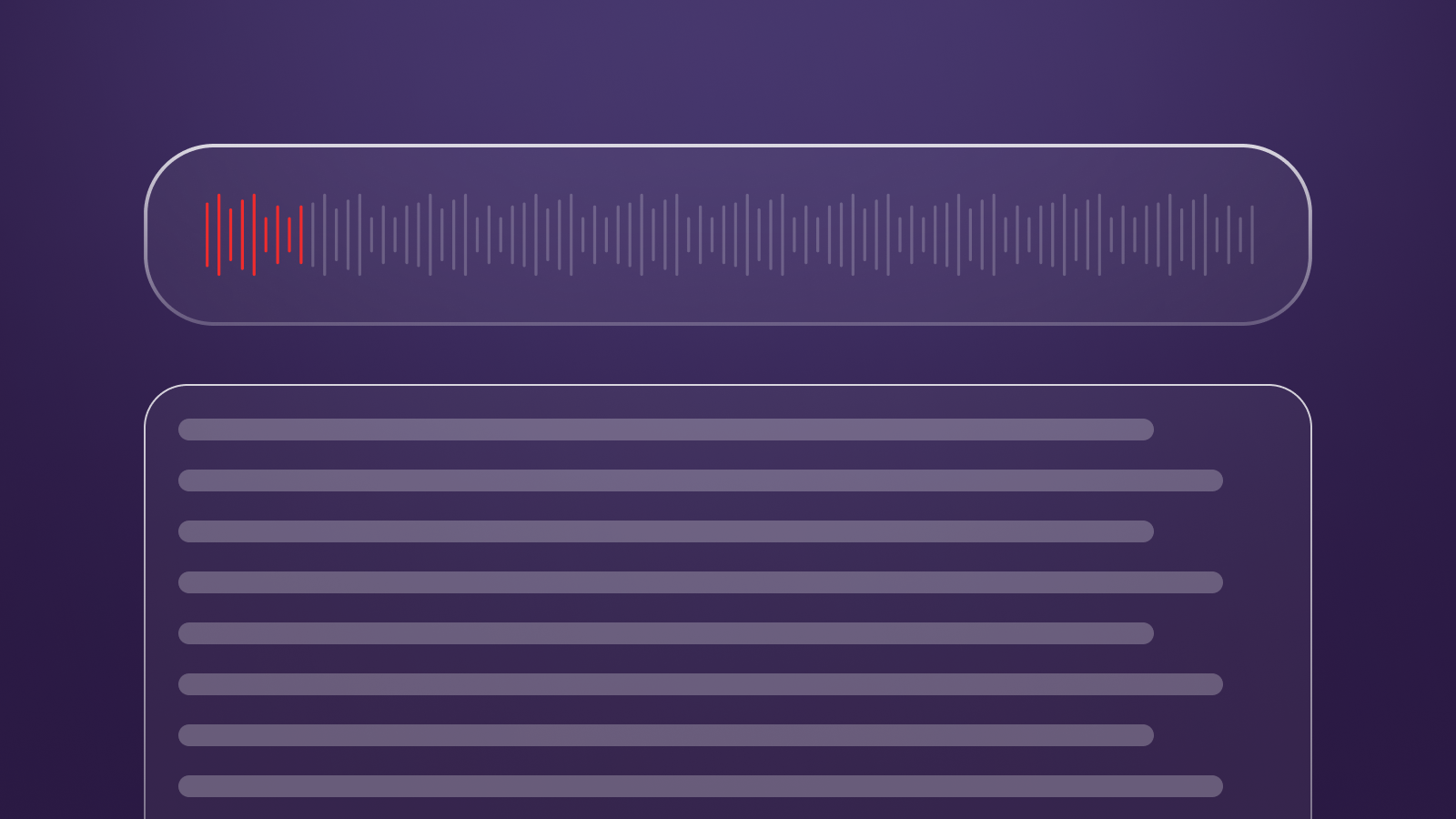
Tutorials
In this tutorial, we’ll learn how to build an application that automatically summarizes a lecture and lets you ask questions about the lecture material.

Senior Developer Educator

Deep Learning
RLHF is the key method used to train AI assistants like ChatGPT, but it has strong limitations and can produce harmful outputs. RLAIF improves upon RLHF by using AI feedback. Learn the differences between the two methods and what these differences mean in practice in this guide.

Senior Developer Educator

Deep Learning
What’s the difference between Language Models and Large Language Models? Let’s understand AI development trends and the difficulties of integrating LLMs into real-world applications.

Developer Educator

Tutorials
Learn how to perform automatic summarization with Python using LLMs in this easy-to-follow tutorial.

Senior Developer Educator

Deep Learning
Large Language Models like ChatGPT are trained with Reinforcement Learning From Human Feedback (RLHF) to learn human preferences. Let’s uncover how RLHF works and survey its current strongest limitations.

Developer Educator

Deep Learning
Reinforcement Learning from AI Feedback (RLAIF) is a supervision technique that uses a "constitution" to make AI assistants like ChatGPT safer. Learn everything you need to know about RLAIF in this guide.

Senior Developer Educator

Deep Learning
The spotlight has been on language and images for Generative AI, but there's been a lot of recent progress in the audio domain. Learn everything you need to know about generative audio models in this article.

Developer Educator
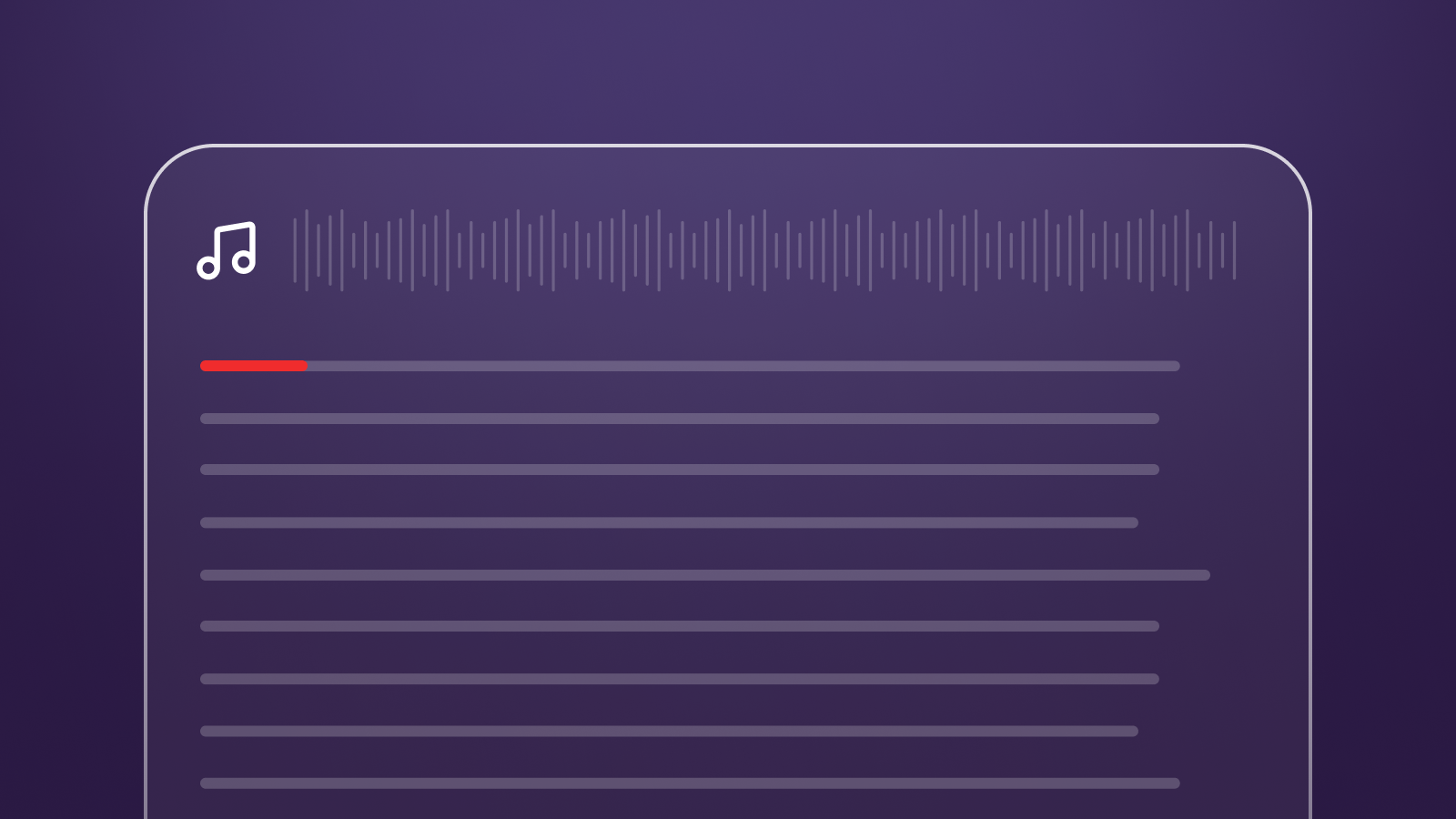
Deep Learning
Speech Recognition models are key in extracting useful information from audio data. Learn how to properly evaluate speech recognition models in this easy-to-follow guide.

Senior Developer Educator

Tutorials
Learn how to transcribe audio and video files into text that contains punctuation, casing and formatting using the AssemblyAI Python SDK.

VP of Developer Relations & Experience

Deep Learning
A Product Manager's guide to understanding Large Language Models and the building blocks of Conversational AI.

Developer Educator

Deep Learning
Modern Generative AI models for images are powering a range of creative applications and changing the way we work. This guide will overview everything you need to know about these models and how they work.

Senior Developer Educator
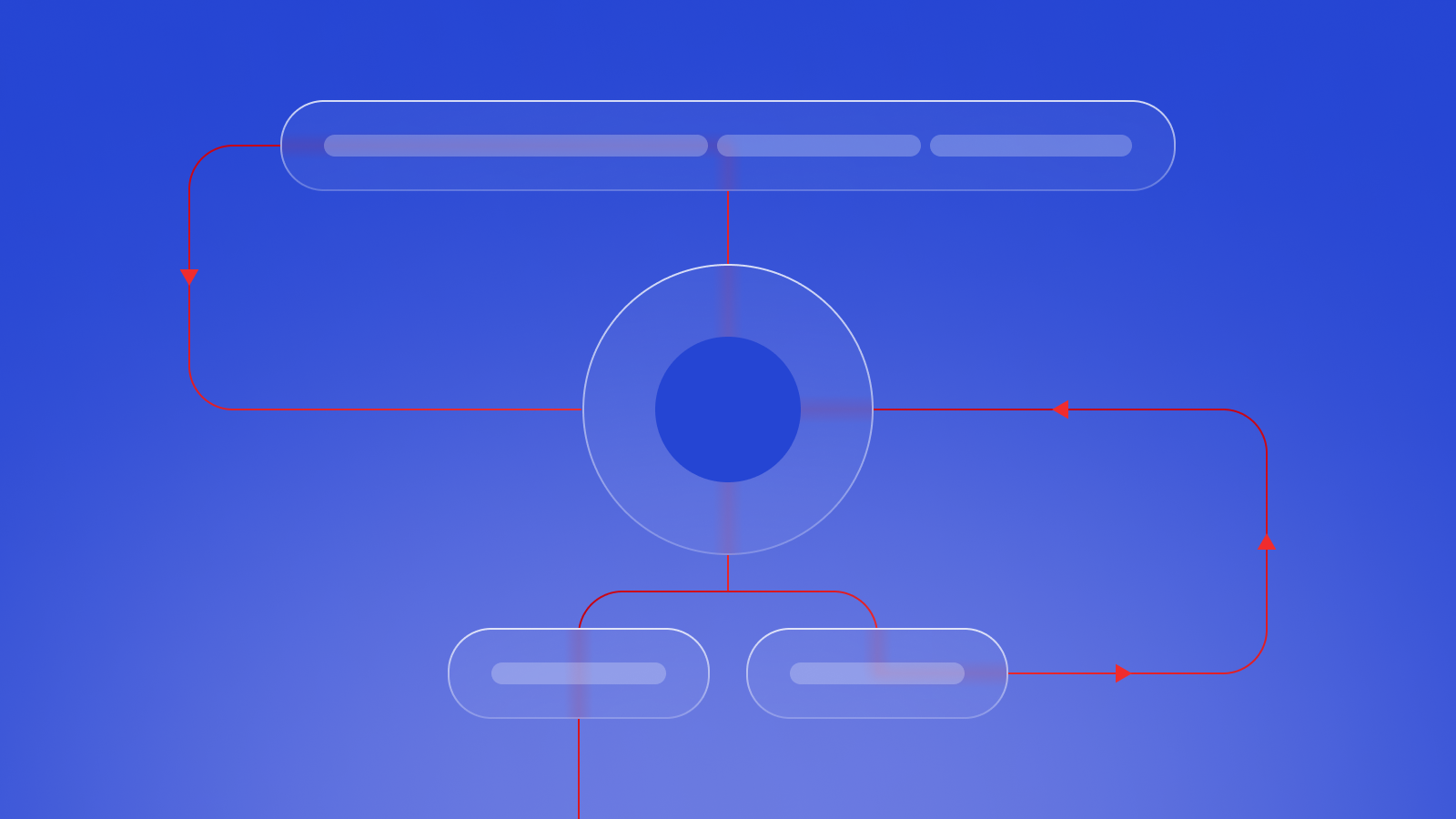
Deep Learning
Large Language Models have been in the limelight since the release of ChatGPT, with new models being announced seemingly every week. This guide walks through the essential ideas of how these models came to be.

Developer Educator

Deep Learning
Generative AI has made tremendous strides recently, from models like Stable Diffusion to ChatGPT. Get up to speed on the latest advancements with this easy-to-follow introduction to Generative AI.

Senior Developer Educator

Deep Learning
Generative AI has taken the world by storm in the last several months, but what actually is Generative AI, and how does it work? Learn everything you need to know about Generative AI in this easy-to-follow series.


Senior Developer Educator, Developer Educator

Deep Learning
Many cutting-edge Generative AI models are inspired by concepts from physics. In this guide, we’ll take a high-level look at how physics is driving advancements in AI.

Senior Developer Educator

Deep Learning
Emergence can be defined as the sudden appearance of novel behavior. Large Language Models apparently display emergence by suddenly gaining new abilities as they grow. Why does this happen, and what does this mean?

Senior Developer Educator
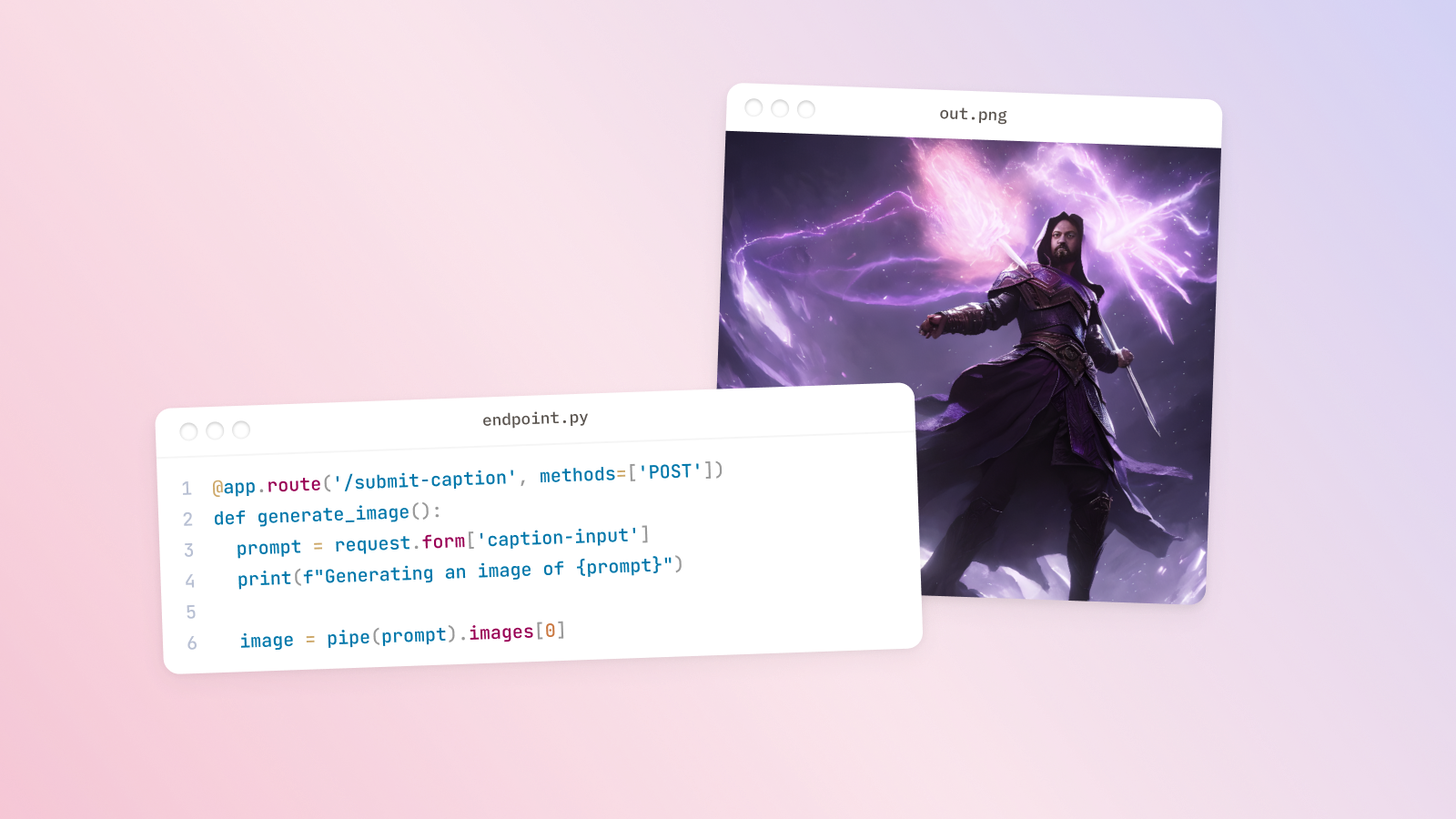
Tutorials
In this tutorial, we'll build a completely free-to-use web app that allows you to generate images with Stable Diffusion (on GPU) in seconds.

Senior Developer Educator
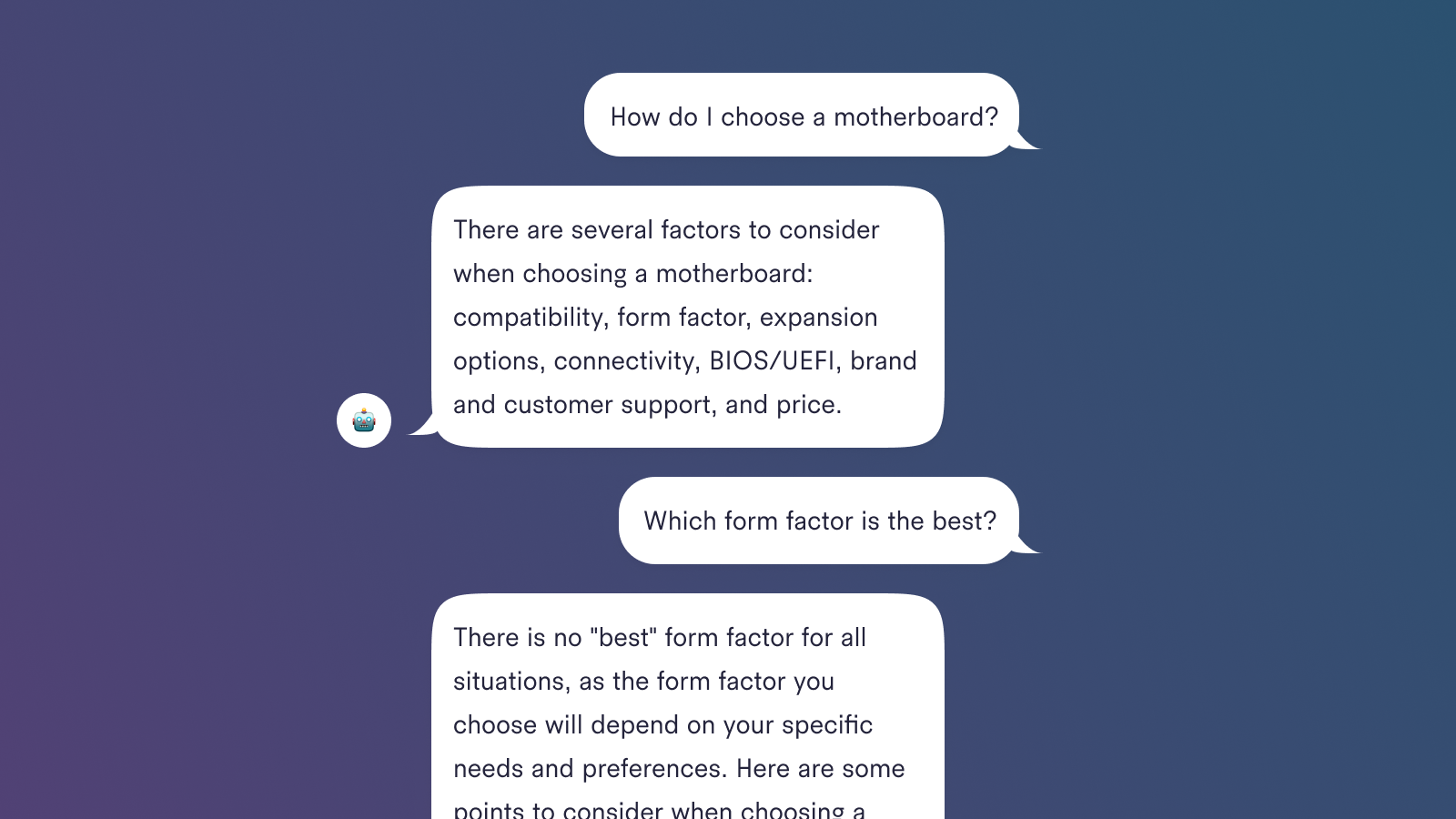
Deep Learning
Since its release, the public has been playing with ChatGPT and seeing what it can do, but how does ChatGPT actually work? While the details of its inner workings have not been published, we can piece together its functioning principles from recent research.

Developer Educator

Deep Learning
Stable Diffusion 2 was released recently, sparking some debate about its performance relative to Stable Diffusion 1. Learn where the differences between the two models stem from and what they mean in practice in this simple guide.

Senior Developer Educator

Tutorials
Learn how to generate and inpaint images with Stable Diffusion in Keras, and how XLA can boost Stable Diffusion's inference speed, in this easy-to-follow guide.

Senior Developer Educator

Deep Learning
AlphaTensor is a novel AI solution to discover mathematical algorithms with Reinforcement Learning. Learn everything you need to know about AlphaTensor in this comprehensive introduction.

Developer Educator

Deep Learning
Poisson Flow Generative Models (PFGMs) are a new type of generative Deep Learning model, taking inspiration from physics much like Diffusion Models. Learn the theory behind PFGMs and how to generate images with them in this easy-to-follow guide.

Senior Developer Educator

Tutorials
OpenAI's Whisper model can perform Speech Recognition on a wide selection of languages. We'll learn how to run Whisper before checking out a performance analysis in this simple guide.

Senior Developer Educator